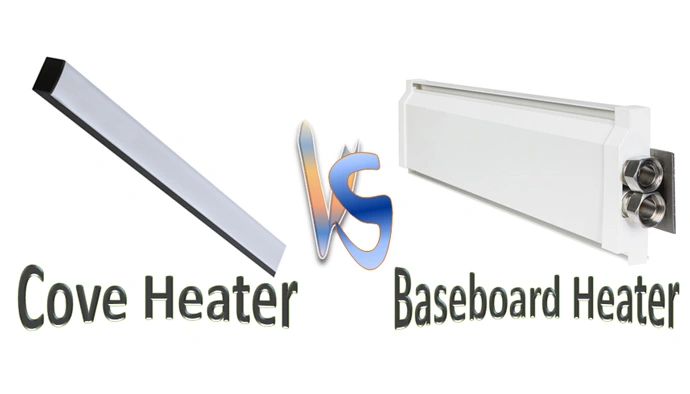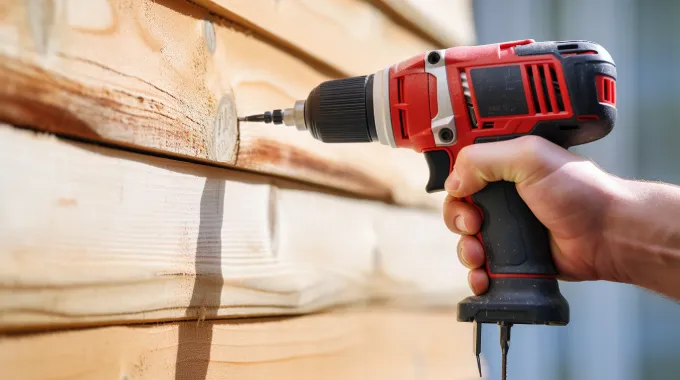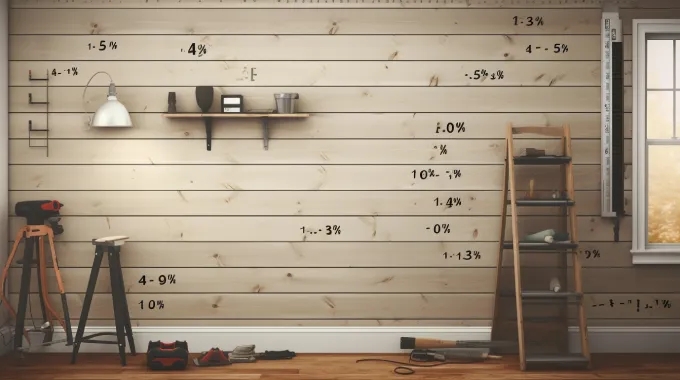Last Updated on February 1, 2023
There are a few different options to choose from when it comes to heating your home. Two of the most popular methods are cove heaters and baseboard heaters. Both of them provide a reliable and cost-effective heating source, but what is the difference between them?
In this article, we will talk about exactly the difference between these two types of heaters; cove heater vs baseboard heater. We will also cover the benefits of using each type for your home, as well as any potential drawbacks.
What is a Cove Heater, and How Does It Work?
A cove heater is a type of electric convection heater that works by heating the air in front of it, which heats up its surroundings. In general, they are mounted on the wall, but they can also be placed on the ceiling or even in a corner.
What is a Baseboard Heater, and how does it work?
A baseboard heater is a convection heating system that consists of one or more exposed heating elements. These are mounted to the wall underneath the baseboard. They are relatively easy to install, which is why they are so popular in homes across nowadays.
Cove Heater vs Baseboard Heater: How Do They Differ?
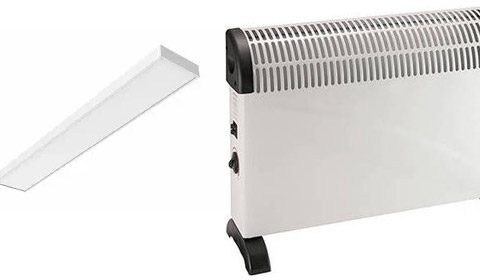
In terms of the differences between the two systems, there are a few that you should be aware of.
1. Installation
Baseboard heaters are much easier to install because all you have to do is mount them on the wall with screws or nails. On the other hand, Cove heaters require a bit more work as you have to make a hole in your wall and then install a bracket.
2. Safety
Since baseboard heaters are mounted directly on the wall, they are inherently safer than cove heaters which can easily be knocked over by people or furniture. Also, if something does not sit appropriately under them, they are free to topple over.
3. Efficiency
Cove heaters are significantly more efficient than baseboard heaters since they offer better air circulation and can be adjusted depending on the size of the room that you are heating up. Also, there is less energy loss because these units have very little resistance within them, thanks to their modern design.
4. Design
Cove heaters are generally more stylish and decorative than baseboard heaters because of their smooth curves. You can also get a wide range of different sizes and shapes for this type of heater. The only downside is that they cannot mount flush against the wall, which will stick out a bit.
5. Maintenance and Repair
Baseboard heaters are generally easier to clean and maintain because they don’t have any moving parts inside of them. In addition, if one part malfunctions or breaks down, you can replace it without dealing with the entire unit.
On the other hand, Cove heaters usually need a whole replacement and may require more work than a few replacement parts.
6. The Heating Effect
Both types of heaters work well when it comes to radiant heating up your home. However, the electric heating effect produced by baseboard heaters is usually much stronger than that of cove heaters.
This is because these are situated in one spot, and you can adjust their power levels accordingly. On the other hand, Cove heaters heat the entire room, which means that you will have to use more power to achieve the same level of warmth.
7. Power Consumption
Cove heaters are significantly more efficient than baseboard heaters in power consumption. This is because they only use power when people or furniture get in their way, while these continuously emit a small amount of power even when they are not being used.
Advantage and Disadvantage of Each one
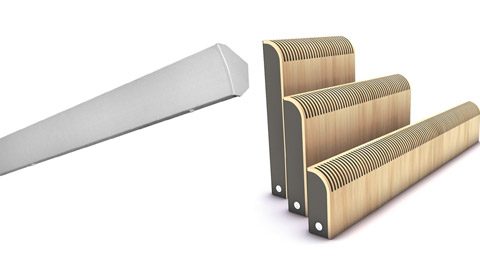
Both types of convection heaters have their ups and downs, but each one is better at different things.
Cove Heater Advantages:
- More decorative than baseboard heaters
- It can be mounted on the ceiling or the corner of a room
- Doesn’t need any additional support
- Easier to install
- More efficient when it comes to power consumption
Cove Heater Disadvantages:
- Not as powerful as baseboard heaters
- It tends to fall over when something gets in its way
- A bit more expensive than baseboard heaters
Baseboard Heater Advantages:
- More powerful than cove heaters
- Cheaper than cove heating
- It can be mounted on the wall or a shelf
Baseboard Heater Disadvantages:
- Not as decorative as cove heaters
- Needs additional support from brackets or mounting holes
- More difficult to install compared to cove heaters
- Requires regular maintenance and cleaning
- Requires replacement of entire unit when malfunctioning or broken down instead of just the faulty part.
Which One is Better for Me?
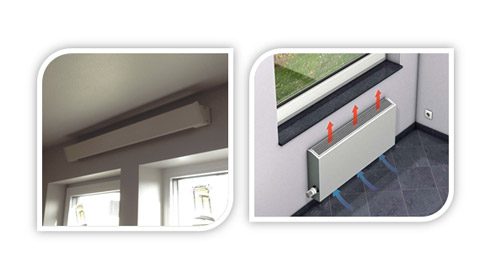
Cove heater and baseboard heater both have their advantages and disadvantages, so it is up to you to decide which one is best for your needs.
If you want a more decorative than the functional panel heater, then the cove heater might be the right choice for you. However, if you are looking for something more powerful or simply easy to install, then you might want to go with the electric baseboard heater.
How to Buy a Heater?
Before buying, you should always do your research because this is the best way to determine which space heater is the best choice for you. Here are some valuable tips that you should keep in mind when buying a heater:
1. Decide the Type
The first step is to decide what sort of heater you want. If you are looking for decorative and don’t consume a lot of energy, then the cove heater might be the right choice for you.
This type also works well in corners and tight spaces to be good companions in smaller rooms with little space. On the other hand, if you want something powerful and capable of producing a lot of electric heat, then the electric baseboard heat is the best choice.
2. Choose the Size
The next step is to choose a size that will fit your space, no matter what sort of infrared heaters you end up buying. If possible, try to measure and calculate how much space you have in your room and then use this information to determine the best size of heater that you should buy.
3. Match It with Your Needs
After determining the type and size of a wall heater, you should think about other features that might be important to you. Some heaters come with timers, thermostats, or remote controls, so it is essential to consider these features if you think they are better for your specific needs.
4. Spend the Right Amount of Money
Heaters come in a variety of price ranges, but it is up to you to pick one that is affordable enough without sacrificing too much quality and performance. If you find something within your budget, then the only thing left to do is take it home and enjoy its benefits.
5. Consider Maintenance Costs
Finally, before buying anything, it is always essential to think about maintenance costs because not all heaters are easy to maintain. If possible, go for something easy enough for you to take care of so you can save your time and energy on something else.
If you follow these simple steps, you can be sure that you will find the perfect wall heater for your specific needs!
FAQ’s
Are Cove Heaters More Efficient?
Cove heaters are more efficient when it comes to power consumption, but they are not as powerful as baseboard heaters.
Do Cove Heaters Require A Lot Of Maintenance?
Cove heaters do not require as much maintenance as baseboard heaters, but they still need to be regularly cleaned and checked for any damages.
How Hot Do Baseboard Heaters Get?
Most baseboard heaters are set to 68 degrees celsius when you’re at home and 60 degrees celsius when you’re sleeping. Heaters for baseboards can reach temperatures as high as 90 degrees celsius, which is dangerous.
Can I Install A Cove Heater Myself?
Yes, you can install a cove heater yourself as long as you have the proper tools and knowledge. However, it is always recommended to consult with a professional before doing so.
Conclusion
When choosing the best wall heaters for your needs, both cove heaters and baseboard electric heaters have their advantages and disadvantages. It is essential to do your research before purchasing to be sure that you are getting the most value for your money. With these tips in mind, buying an electric heater should be an easy process.
